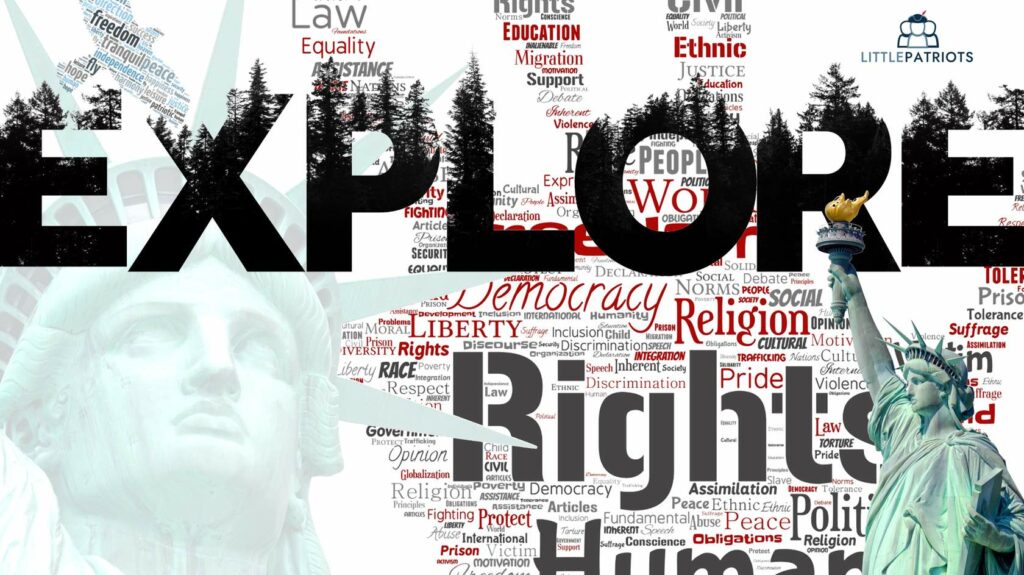
Why Community Matters: Indigenous People
Liberty: What do we mean by the word liberty?
The word ‘liberty’ is an important word throughout the history of North America and Europe. It is an easy word to say, and it is also an easy word to take for granted. Liberty is an old Latin word originating from the word ‘libertas’. Etymologists — this is the name for a person who studies the origin and history of words — derive the word liberty from the name of the goddess Libertas, who represents freedom or a state of being free. In fact, many historians argue that the Statue of Liberty was probably modeled after Libertas, the Roman goddess of freedom. Interestingly, the Statue of Liberty was a gift to the United States from the French.
In a nautical or exploration sense of the word, liberty can mean a ‘leave of absence’. The word’s meaning can also reflect some level of unrestrained action, conduct, or expression. Accordingly, the phrase ‘to take liberties’ means to go beyond what is considered normal and proper. For example, the statement: “I took the liberty of ordering your food for you” is an expression that a friend or family member might use in conversation at your favorite restaurant.
Liberty means having the power to do what you want, go where you want, eat what you want, and say what you want. It means you are free to make your own choices. With liberty comes responsibility. Liberty does not mean that you can do whatever you feel like doing. We are free to do what we want as long as what we want does not take away someone else’s freedom or put their life at risk. Having liberty does NOT mean you are free from the consequences of your choices.
The old French word ‘liberte’ can be translated to denote “free will, or freedom.” By the late 14th century, the word liberty carried with it the sense of ‘freedom to do as one chooses.’ Throughout history, the meaning of the word liberty was mainly used to describe individuals. After 100 years or so, the application of the word expanded to apply to groups of people and communities. For example, it represented freedom from ‘autocratic rule’ or ‘arbitrary control’ by governments and religion. Both concepts were important to the early explorers during this time in history.
The word liberty means to be free, to follow a new and perhaps different path than others before you. Many of the early explorers and settlers wanted some form of liberty. They wanted the liberty to choose where to explore, how to explore, and what to explore.
Let’s explore what liberty may have meant to some early North American explorers. This period in history was called the ‘Age of Exploration,’ so consider what liberties the explorers may have taken during their expeditions.
Like many explorers in this age, Vespucci wanted the liberty to gain new knowledge and see the world with his own eyes. He wanted the liberty to explore the native people and wildlife in North and South America.
Like other explorers during this time, de León wanted the liberty to search for new lands. He also searched for a miraculous spring, or ‘fountain of youth,’ thought to rejuvenate those who drank from it.
During the Age of Exploration, de Vaca wanted the liberty to find a new way to present-day Mexico and the Spanish colonies that settled there. He also wanted liberty for the Native populations in North America, who he felt were mistreated by other settlers.
Coronado’s explorations during the Age of Exploration were motivated by the liberty to reach the Cities of Cíbola, which were often referred to as the mythical Seven Cities of Gold.
In the Age of Exploration, de Soto wanted the liberty to conquer Florida for the Spanish crown. He and his men traveled nearly 4,000 miles throughout the region that would become the southeastern United States in search of riches.
Let’s discover more about how the word “liberty” influenced America and how it influenced the explorers who visited these new lands.
Juan Ponce de Leon is thought to be the first European to step onto Florida land. He named it Pascal de Florida, which means the feast of flowers. Some accounts believe this was because it was Palm Sunday when he had spotted land in the early 1500s. Other accounts say it was simply because of the numerous flowers on the land.
Little Patriots
